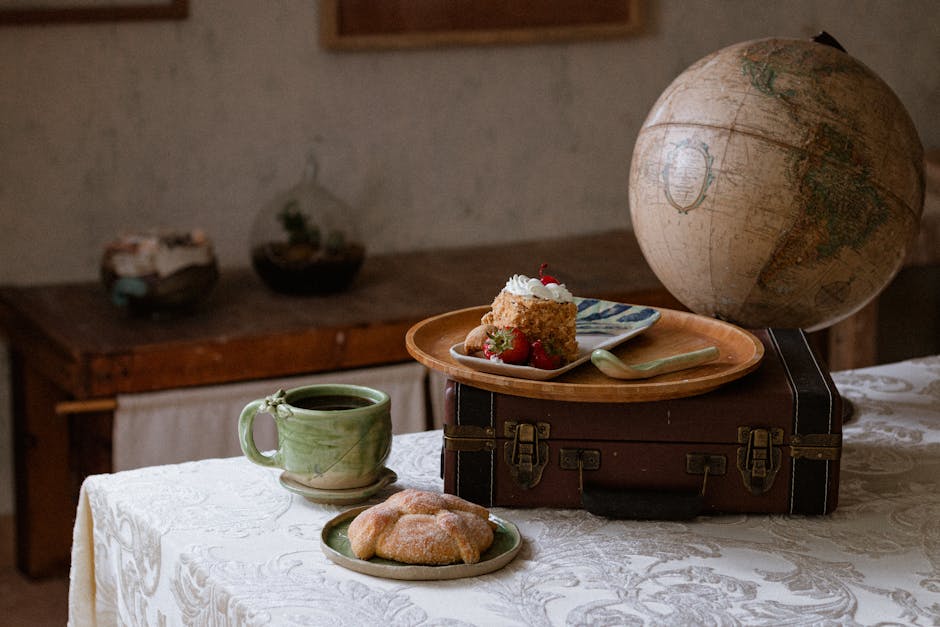**
The Bizarre World of Kopi Luwak: Coffee from Poop
Coffee lovers, brace yourselves—your daily latte might seem tame compared to Kopi Luwak, the world’s most expensive coffee. Priced at ₹5,000–25,000 per 100 grams, this luxury brew has a shocking secret: it’s made from civet poop.
How Is Kopi Luwak Made?
Native to Indonesia, Kopi Luwak isn’t a bean variety but a unique digestion-driven process. The Asian palm civet, a cat-like nocturnal animal, selectively eats only the ripest coffee cherries. Inside its digestive tract, enzymes ferment the beans, reducing bitterness and creating a smooth, earthy flavor.
After excretion, farmers collect the droppings, thoroughly wash the beans, and lightly roast them to preserve their complex chocolate and caramel notes.
Why Is Kopi Luwak So Expensive?
- Scarcity: Wild-sourced beans are rare.
- Labor-Intensive: Hunting for civet droppings is time-consuming.
- Exclusivity: High demand from luxury markets.
The Dark Side: Ethical Concerns
The Kopi Luwak industry has a cruel reality. Many civets are caged and force-fed low-quality cherries, leading to:
– Animal cruelty (stress, poor living conditions).
– Inferior taste (beans lose natural selection benefits).
Does Kopi Luwak Taste Like Poop?
No—properly cleaned and roasted beans have no fecal flavor. Described as velvety, low-acid, and rich, it’s a delicacy for adventurous drinkers.
Would You Try It?
While Kopi Luwak is a unique experience, ethical concerns make it controversial. For a guilt-free alternative, explore Indian specialty coffees from Coorg or Chikmagalur.
**




